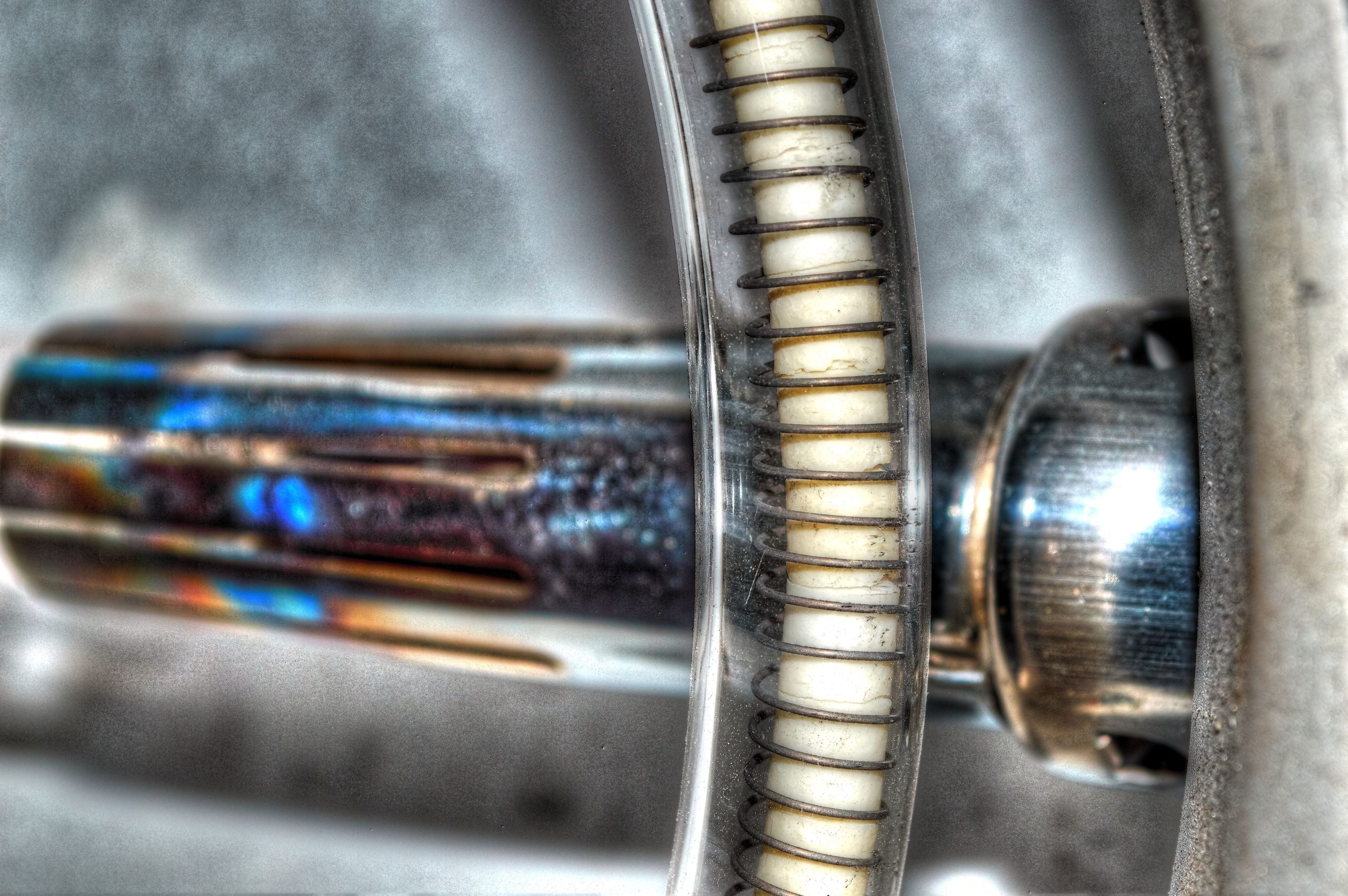 Medical professionals are expected to uphold a standard of care in their practice. Unfortunately, life can present us with unfortunate circumstances where this standard is not met. When we experience injuries or worse due to the actions of those responsible for our treatment, healing, or diagnosis, medical malpractice claims can serve as a means to seek compensation and justice.
Medical professionals are expected to uphold a standard of care in their practice. Unfortunately, life can present us with unfortunate circumstances where this standard is not met. When we experience injuries or worse due to the actions of those responsible for our treatment, healing, or diagnosis, medical malpractice claims can serve as a means to seek compensation and justice.
In a recent legal battle that captured attention, a lawsuit between Randy A. Roberts, Sr., Johnson & Johnson, Inc., and its subsidiary Ethicon, Inc., took an intriguing turn. Roberts alleges that he suffered injuries caused by a defective medical device manufactured by J&J, leading him to file a product liability lawsuit. However, a district court granted summary judgment in favor of the defendants, prompting an appeal.
Roberts claims that during a hernia repair surgery in 2006, a Prolene Hernia System (PHS) produced by J&J was implanted in his body. Subsequently, he experienced debilitating pain, requiring three surgeries in 2015 to remove the PHS due to an infection. Dissatisfied with the outcome, Roberts initiated legal action against J&J, seeking damages under Louisiana law.
Roberts alleges the medical device implanted in his body was defective, leading to his suffering and subsequent surgeries. He contends that J&J should be held responsible for the injuries and damages he sustained due to the defective product. The trial court applied the standard of review for summary judgment, which involves determining whether there is a genuine dispute of material fact. Fed. R. Civ. P. 56(a). Under this standard, the court reviews all evidence and draws reasonable inferences in favor of the non-moving party. Hanks v. Rogers.
The Fifth Circuit Court of Appeals carefully examined the evidence presented by both parties. Roberts provided medical records from his 2015 surgeries that confirmed the presence of a PHS, supporting his claim the device was implanted during the 2006 surgery. On the other hand, J&J relied on the 2006 records, which suggested that Roberts had a different product implanted.
The court emphasized that all evidence and reasonable inferences should be viewed in favor of the non-moving party at the summary judgment stage. In this case, Roberts’ evidence created a genuine dispute of material fact, as it allowed for a reasonable inference the PHS was indeed implanted during the 2006 surgery. The court disagreed with J&J’s argument that the 2006 records should be favored, noting that computer and medical records are not infallible.
As a result, the Fifth Circuit Court of Appeals vacated the district court’s grant of summary judgment, meaning the initial decision was overturned. The case was remanded to the district court for further proceedings, allowing both parties to present their arguments and evidence.
In a significant development, the Fifth Circuit Court of Appeals overturned the grant of summary judgment in Roberts’ defective medical device lawsuit against J&J. The court found there was a genuine dispute of material fact, supporting Roberts’ claim that Prolene Hernia System (PHS) was implanted during his surgery. The case was remanded to the district court for further proceedings, allowing both parties to present additional evidence and arguments.
Additional Source: RANDY A. ROBERTS, SR.; NATASHA ROBERTS v. JOHNSON & JOHNSON, INCORPORATED; ETHICON, INCORPORATED
Written by Berniard Law Firm Blog Writer: Juliana Greco Additional Berniard Law Firm Article on Louisiana Pain and Suffering cases: Summary Judgment Granted in Medical Malpractice Lawsuit Against Louisiana State University Health Systems and Failure of Hospital Staff to Properly Notify Patient of Device Manufacturer Notice Leads to Medical Malpractice Liability
 Insurance Dispute Lawyer Blog
Insurance Dispute Lawyer Blog

